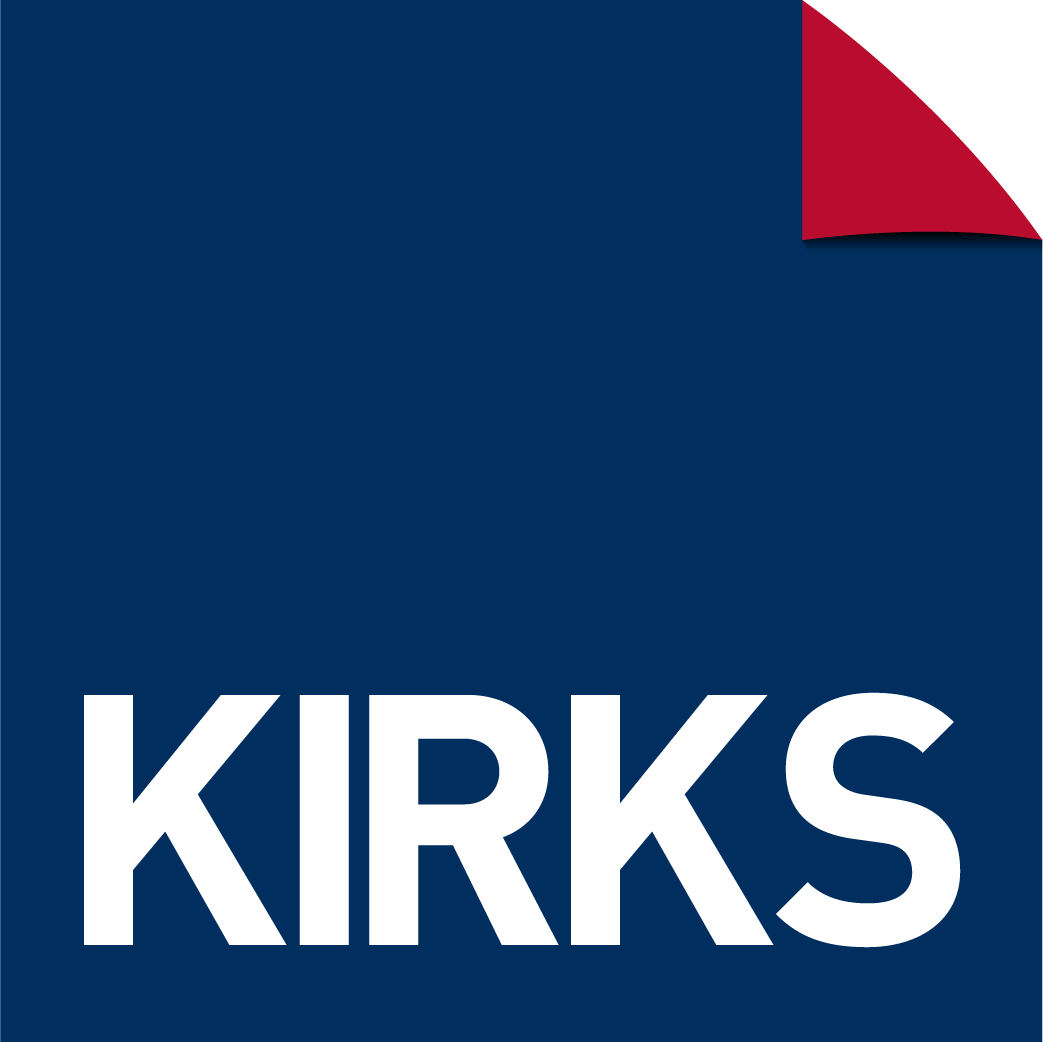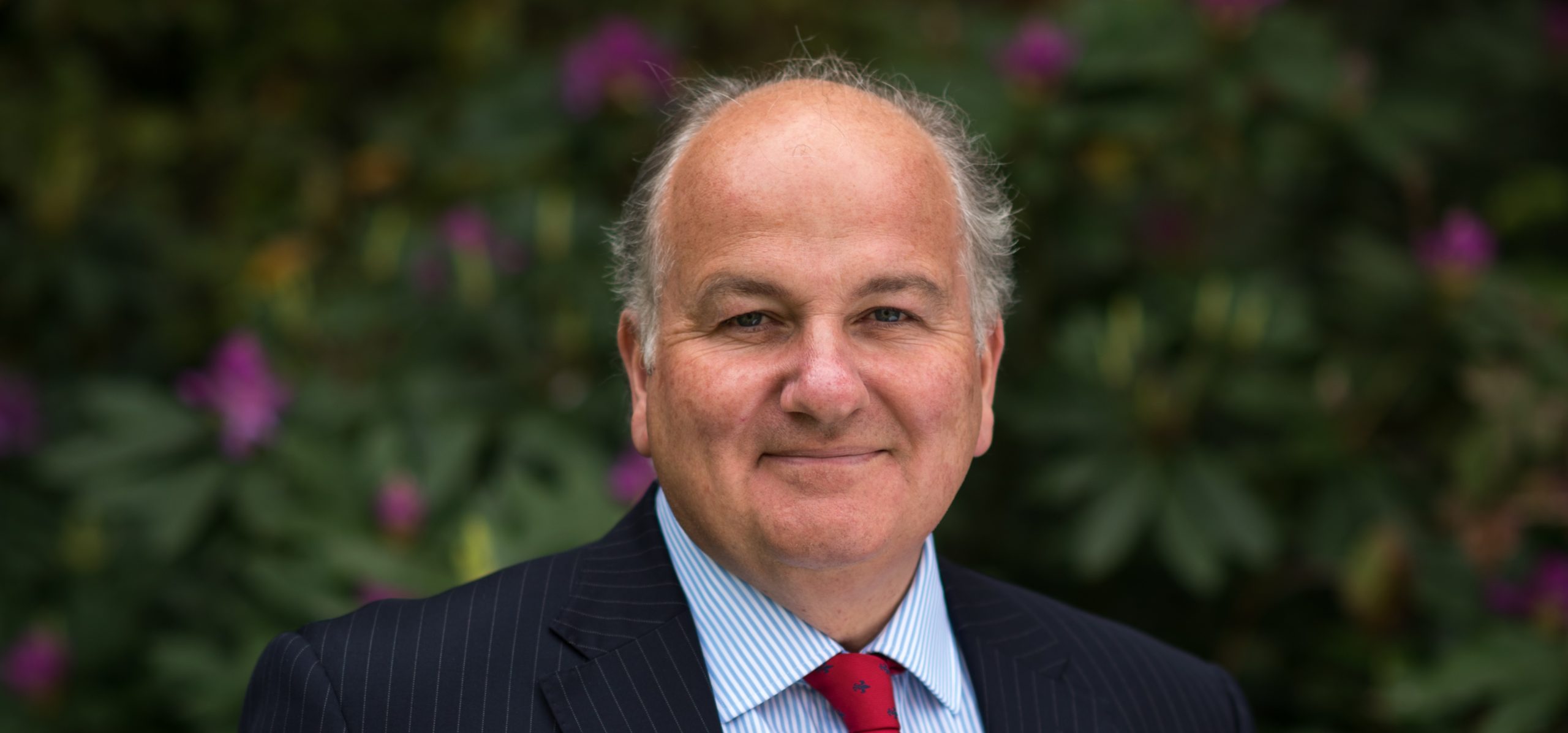Will My IVA Bind The Spanish Bank Or Other Foreign Banks I Owe Money To?
The quick answer Yes it will. You should make sure the foreign bank are on your creditors list and that they are notified of the proposed IVA (Individual Voluntary Arrangement). If the bank debt relates to property loan abroad is is also worth notifying any management company as well as the local authority for council […]
I Have An Individual Voluntary Arrangement – Can I Be A Company Director?
The quick answer Yes you can still be a company director. In more detail You can be a company director unless you are an undischarged bankrupt or you have been disqualified from being a director by the Insolvency Service. An Individual Voluntary Arrangement (“IVA”) is a confidential agreement between you and your creditors. It does […]
When To Apply For A Company Voluntary Arrangement
The quick answer You should apply for a Company Voluntary Arrangement (“CVA”) as soon as possible if you realise the company has a viable future but has had historical financial problems that have now been solved. The reason is that the longer you leave it, the more likely creditors will take action to force the […]
What Is An Individual Voluntary Arrangement?
The quick answer An Individual Voluntary Arrangement is a legally binding restructuring of your debts into a manageable amount. Quite often it involves you paying back part of what you owe over a period of five years. It only applies to unsecured debt, which means it does not include mortgages on property. In more detail […]
What Is A Company Voluntary Arrangement (CVA)?
The quick answer A Company Voluntary Arrangement is a legally binding agreement between a limited company and its creditors to suspend payments. Quite often, the terms of the agreement involve freezing interest and allowing the company to pay back only part of its debts over a period of 3 to 5 years. In more detail […]
The Differences Between A CVA And IVA
The quick answer A Company Voluntary Arrangement (“CVA”) applies specifically to a limited company. A limited company will be registered at Companies House and have directors as well as shareholders. A CVA does not usually affect the directors or shareholders personal credit ratings. An Individual Voluntary Arrangement (“IVA”) applies to an individual who might be […]
The CVA Process Guide
The quick answer A Company Voluntary Arrangement (or “CVA) allows a limited company to keep going and avoids closure and liquidation. The CVA is a proposal by the company to its creditors to pay them back all or part of the debt it owes over time. It needs 75% of credtirs by value to agree […]
Company Voluntary Arrangements and How To Avoid a Pensions Regulator Claim
The quick answer The Pension Regulator is government body that controls the Pension Protection Fund (“PPF”). The PPF may be a very large creditor in proportion to other creditors and can therefore likely influence the outcome of a Company Voluntary Arrangement (or “CVA”). A CVA relies on 75% of the creditors agreeing the proposed restructuring […]
Company Voluntary Arrangements (CVA) – Advantages Vs Disadvantages
The quick answer A Company Voluntary Arrangement (or “CVA”) is a legal mechanism to save a limited company which is agreed by shareholders and creditors. Advantages; it saves the company, no need to change bank accounts or the trading name, it keeps any company qualifications, it causes the least disruption, the company can keep its […]
Can A Company Enter A CVA When It’s In Administration?
The quick answer Yes. A limited company can enter into a Creditors Voluntary Arrangement (“CVA”) when it is in Administration as a means of exit from Administration. In more detail Administration is often used as a procedure to protect a company whilst a solution is sought or it is used to give time to get […]


